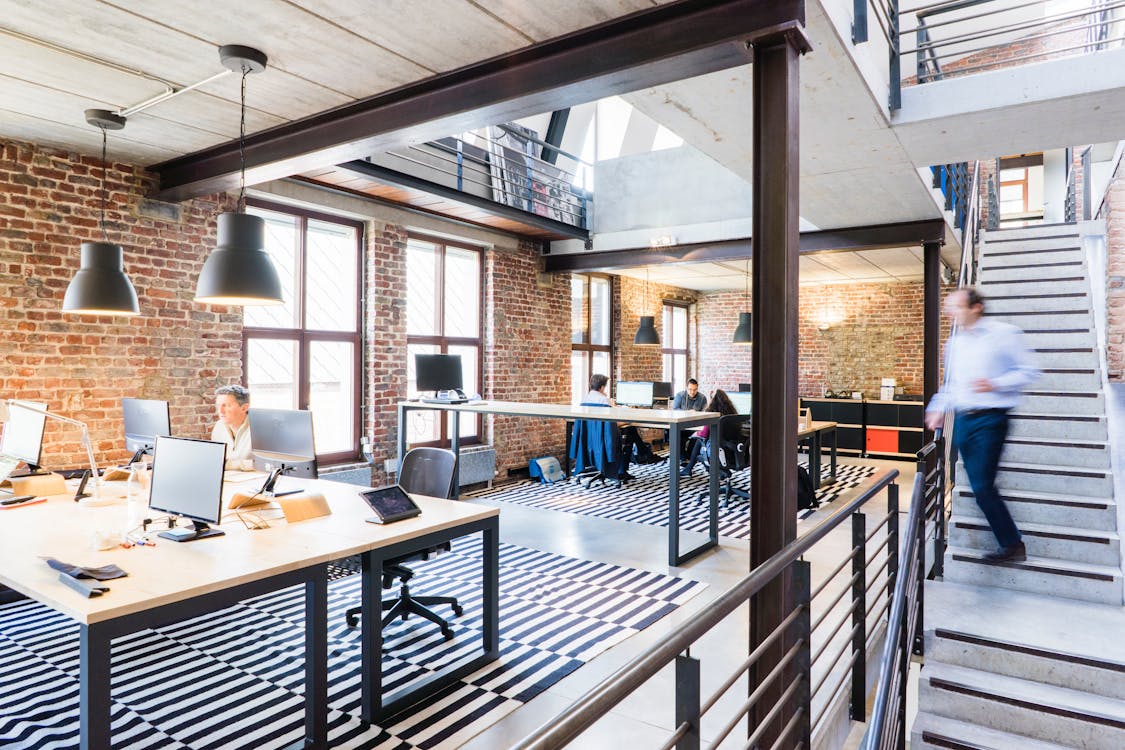The urban landscape is constantly evolving, with many older buildings sitting vacant or underutilized. Adaptive reuse projects breathe new life into these spaces, transforming obsolete properties into thriving commercial hubs. However, these projects often require significant capital to cover acquisition, renovations, and compliance costs. This is where commercial development loans play a crucial role. These specialized loans provide the necessary funding to developers looking to revitalize outdated structures, contributing to sustainable urban growth while maximizing return on investment.
Read on to explore the benefits of adaptive reuse projects and how developers can leverage development project financing to fund these transformative ventures.
- What is an Adaptive Reuse Project?
Adaptive reuse refers to the process of repurposing an existing building for a use different from its original purpose. This approach is popular in real estate development as it preserves the architectural integrity of historic structures while meeting modern business demands. Examples of adaptive reuse include:
- Converting old warehouses into trendy office spaces
- Transforming factories into mixed-use retail and residential developments
- Repurposing outdated malls into healthcare facilities or co-working spaces
These projects offer numerous advantages, such as cost savings on new construction, sustainability benefits, and the preservation of cultural heritage. However, financing such projects can be challenging without the right funding sources, making commercial development loans essential for success.
- The Role of Commercial Development Loans in Adaptive Reuse

Adaptive reuse often involves structural modifications, zoning compliance, and interior redesigns, which require substantial funding. Commercial development loans provide developers with the capital necessary to acquire and renovate properties, ensuring projects are completed efficiently. These loans typically cover:
- Property acquisition costs
- Renovation expenses(including structural improvements, HVAC updates, and electrical systems)
- Permit and compliance costs
- Environmental remediation expenses
Unlike traditional loans, property development loans are tailored to the unique needs of large-scale commercial transformations, allowing developers to access funding in stages as the project progresses.
- Key Benefits of Using Development Loans for Adaptive Reuse
Adaptive reuse projects are highly attractive to investors and developers, and securing development financing options unlocks numerous advantages:
- Reduced Construction Costs
Compared to ground-up construction, adaptive reuse requires less raw material and site preparation, leading to cost savings. By leveraging development funding for real estate, developers can allocate capital efficiently, ensuring high-quality conversions.
- Faster Project Timelines
Since the core structure already exists, adaptive reuse projects can be completed more quickly than new developments. Development loans for investors provide timely funding, helping developers meet project milestones without delays.
- Sustainability & Environmental Benefits
Repurposing buildings reduces demolition waste and minimizes the carbon footprint of new construction. Many municipalities offer tax incentives for sustainable projects, making development project loans a smart financial choice.
- Higher ROI & Market Demand
Modern businesses seek unique commercial spaces, and adaptive reuse creates high-value properties that appeal to tenants and buyers. Real estate development financing enables developers to enhance property value and boost long-term profitability.
- Securing Development Loans for Adaptive Reuse Projects

When applying for development loans, lenders assess several factors, including:
- Feasibility of the project (cost estimates, timelines, and projected ROI)
- Developer experience in managing similar projects
- Market demand for the repurposed space
- Zoning and regulatory considerations
Working with development loan lenders who specialize in adaptive reuse ensures access to tailored financial solutions that align with project goals.
- Choosing the Right Lender for Development Financing
Not all lenders are equipped to handle the complexities of adaptive reuse projects. It’s essential to work with development loan providers who understand the unique challenges of transforming commercial properties. Key factors to consider when selecting a lender include:
- Competitive development loan rates
- Flexible repayment terms
- Experience with large-scale adaptive reuse projects
- Availability of staged financing options
Lenders specializing in development loans for commercial real estate can provide structured funding solutions that align with project timelines and cash flow needs.
- Managing Budgets with Development Financing

Budget overruns are a common challenge in adaptive reuse projects. Development loans for commercial property help developers maintain financial control by providing capital at key project milestones. Best practices for budget management include:
- Conducting a thorough cost analysis before securing funding
- Allocating contingency funds for unexpected expenses
- Regularly reviewing financial reports to track expenses against projections
By strategically utilizing development financing options, developers can avoid cash flow disruptions and complete projects on time and within budget.
- Transforming Urban Spaces with Development Loans
Adaptive reuse projects have the power to revitalize urban areas, preserve architectural heritage, and create dynamic commercial spaces. However, without the right financing, these projects may never come to life.
By securing commercial development loans, developers can unlock the potential of outdated buildings, contributing to economic growth and sustainable real estate development.
Repaying Your Commercial Development Loan Successfully
Once an adaptive reuse project is completed, repaying your development loan becomes the next priority. Many developers choose to refinance the property, lease it for steady income, or sell it for a profit. Proper financial planning ensures a smooth repayment process, preventing unexpected financial strain.
Lenders often offer flexible terms, including interest-only payments during construction, making repayment more manageable. Working with experienced development loan lenders can help you structure a loan that aligns with your project timeline and financial goals, ensuring long-term success in the commercial real estate market.
Maximize Your Adaptive Reuse Investment with Tailored Development Financing
Looking for the right funding for your adaptive reuse project? Partner with Insula Capital Group for expert guidance on development financing options. Explore our recently funded projects and apply today to get started on transforming your next commercial space!




